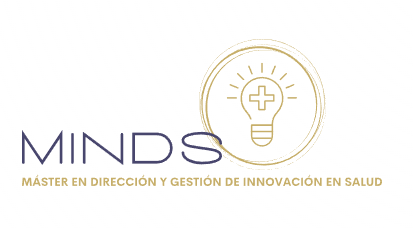The multidisciplinary research group of nanomedicine-IDIVAL belonging to the NanoBioAp network (@NanoBioAp) has just won two research projects in the AES2019 call (PI19 / 00496 and DTS19 / 00033). Their objective is to develop a precision system for the diagnosis and non-invasive therapy of head and neck cancer.
It is estimated that the incidence is about 11,000 cases / year in Spain. Currently, the diagnosis is carried out by physical examination and confirmed by endoscopy and imaging tests. Approximately 35% are diagnosed in localized stages, 55% as locally advanced and 10% in the form of systemic metastases and the stage at the time of diagnosis is associated with survival. In standardized epatas the standard treatment is surgery and in the locally advanced multimodal treatment with the integration of chemotherapy and radiotherapy.
 Despite advances in recent years, 5-year survival is around 30-55% in locally advanced tumors, so early arrest will be associated with a considerable increase in survival. These projects will focus on the development of nanoparticles (NP) of the size of the virus, which will specifically recognize cancer cell receptors, allowing their early detection and penetrating them to activate their destruction from within after being activated by light. This project is completed with the development of a fibroscope type system, which will be used for (i) the diagnosis of lesions in a traditional way (white light), (ii) the precise detection of tumor and precancerous cells, both identified by Fluorescent NPs (identified with blue light) and (iii), finally, to activate their destruction by photoinduced hyperthermia with infrared light. The versatility of the design of these nanodevices will allow, by making minor modifications, to be applied to many types of cancer accessible topically.
Despite advances in recent years, 5-year survival is around 30-55% in locally advanced tumors, so early arrest will be associated with a considerable increase in survival. These projects will focus on the development of nanoparticles (NP) of the size of the virus, which will specifically recognize cancer cell receptors, allowing their early detection and penetrating them to activate their destruction from within after being activated by light. This project is completed with the development of a fibroscope type system, which will be used for (i) the diagnosis of lesions in a traditional way (white light), (ii) the precise detection of tumor and precancerous cells, both identified by Fluorescent NPs (identified with blue light) and (iii), finally, to activate their destruction by photoinduced hyperthermia with infrared light. The versatility of the design of these nanodevices will allow, by making minor modifications, to be applied to many types of cancer accessible topically.
These projects are only viable thanks to the close collaboration of clinical researchers, pathologists, molecular / cellular biologists, pharmacists, physicists and chemists who, since 2013, coordinate their know-how for the development of new technologies in the fight against cancer.
Group websites:


 Despite advances in recent years, 5-year survival is around 30-55% in locally advanced tumors, so early arrest will be associated with a considerable increase in survival. These projects will focus on the development of nanoparticles (NP) of the size of the virus, which will specifically recognize cancer cell receptors, allowing their early detection and penetrating them to activate their destruction from within after being activated by light. This project is completed with the development of a fibroscope type system, which will be used for (i) the diagnosis of lesions in a traditional way (white light), (ii) the precise detection of tumor and precancerous cells, both identified by Fluorescent NPs (identified with blue light) and (iii), finally, to activate their destruction by photoinduced hyperthermia with infrared light. The versatility of the design of these nanodevices will allow, by making minor modifications, to be applied to many types of cancer accessible topically.
Despite advances in recent years, 5-year survival is around 30-55% in locally advanced tumors, so early arrest will be associated with a considerable increase in survival. These projects will focus on the development of nanoparticles (NP) of the size of the virus, which will specifically recognize cancer cell receptors, allowing their early detection and penetrating them to activate their destruction from within after being activated by light. This project is completed with the development of a fibroscope type system, which will be used for (i) the diagnosis of lesions in a traditional way (white light), (ii) the precise detection of tumor and precancerous cells, both identified by Fluorescent NPs (identified with blue light) and (iii), finally, to activate their destruction by photoinduced hyperthermia with infrared light. The versatility of the design of these nanodevices will allow, by making minor modifications, to be applied to many types of cancer accessible topically. 




















